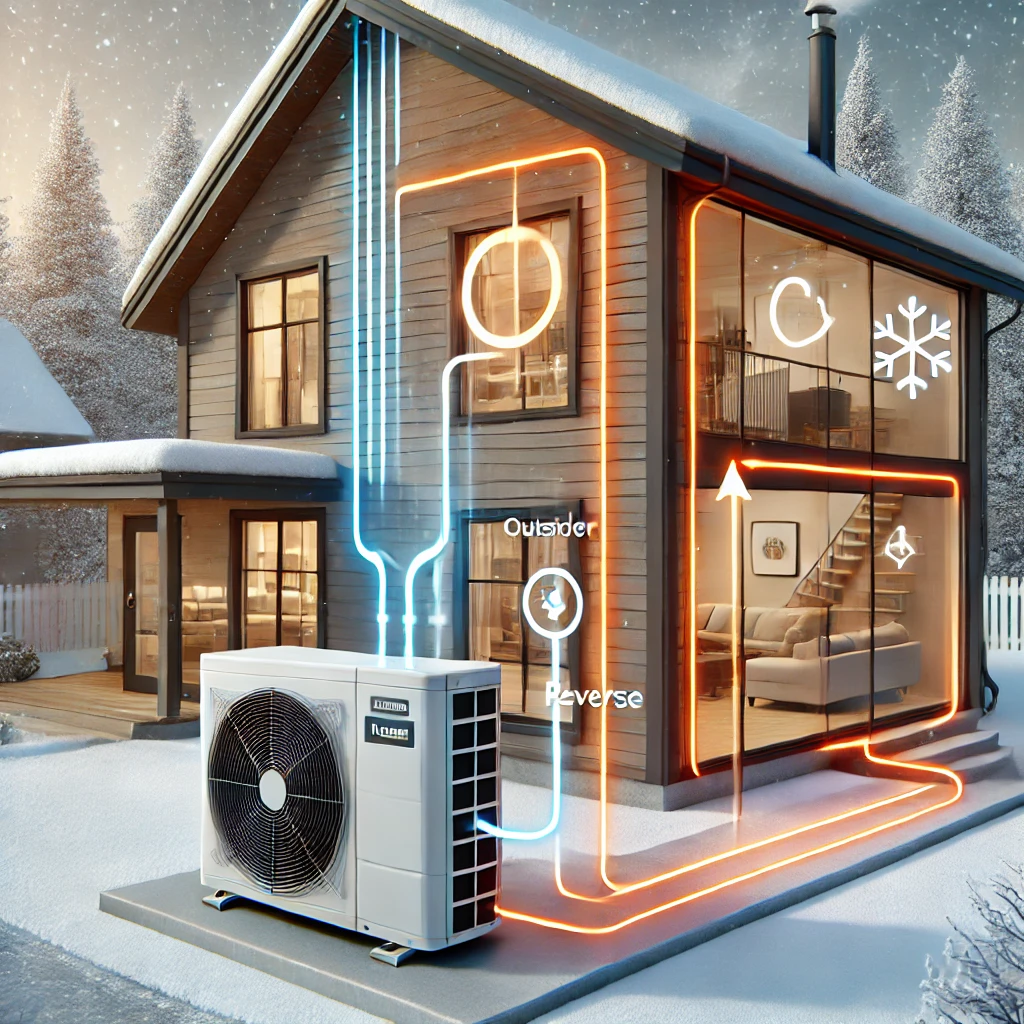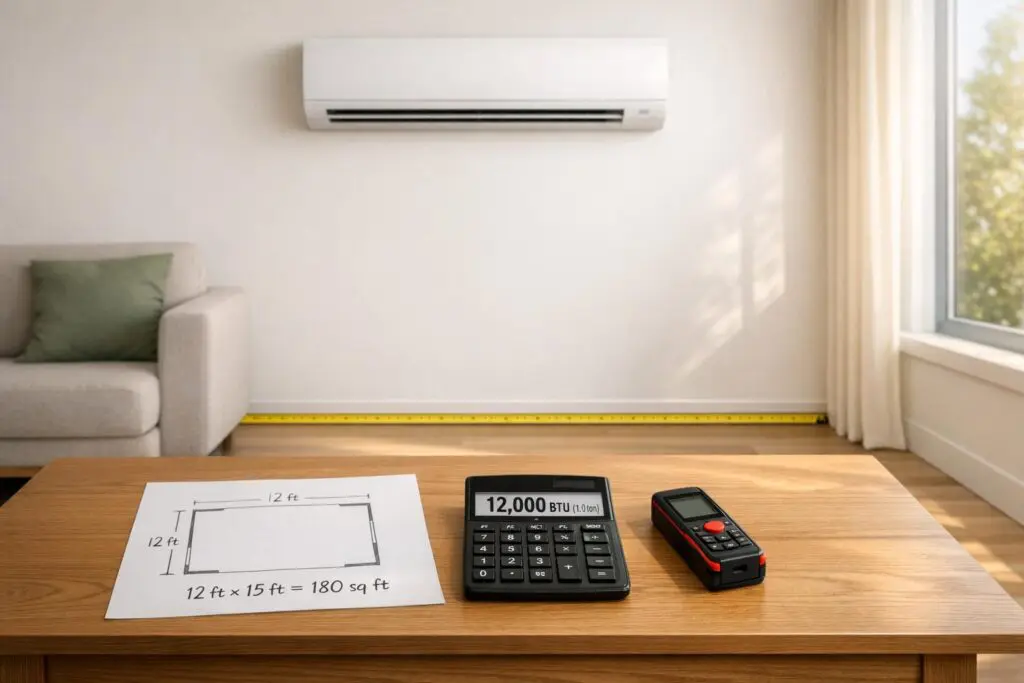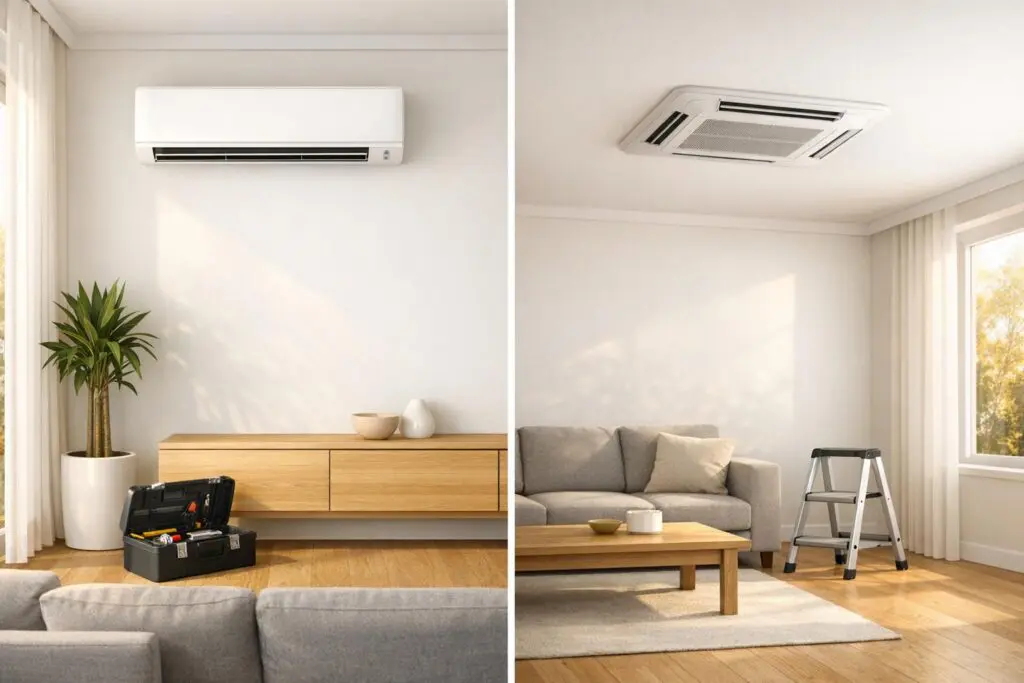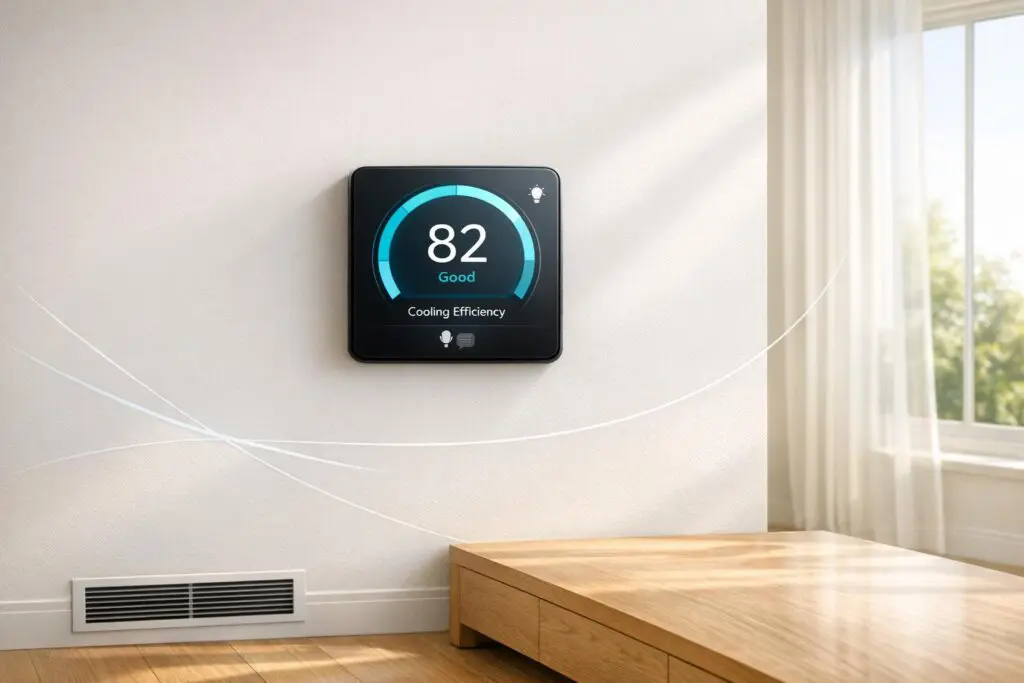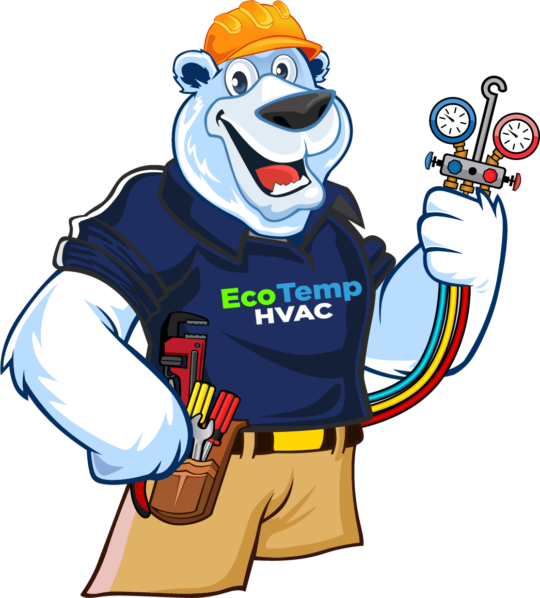How Do Heat Pumps Work in Chicago and the Midwest?
As Chicago and Midwest homeowners face harsh winters and humid summers, finding an efficient and effective heating and cooling system is critical. Heat pumps offer an energy-efficient solution capable of providing year-round comfort, even in colder climates. But how do heat pumps work, and are they suitable for Midwest weather conditions? Let’s explore in detail how heat pumps function, their various types, and their performance in colder temperatures.
Table of Contents
- Understanding Heat Pump Technology
- Types of Heat Pumps
- Efficiency of Heat Pumps in the Midwest
- Advantages of Heat Pumps for Chicago and Midwest Homes
- Is a Heat Pump Right for Your Midwest Home?
- Maintenance Tips for Heat Pumps in the Midwest
- Cost Savings Calculator
Understanding Heat Pump Technology
A heat pump is an energy-efficient appliance that transfers heat rather than generating it. Unlike traditional heating systems like furnaces or boilers, which burn fuel to create heat, heat pumps move heat from one location to another using refrigerant and electricity. In the winter, they extract heat from the outside air (or ground) and transfer it indoors. In the summer, the process is reversed to provide cooling by removing heat from your home and releasing it outside.
The Science Behind Heat Pumps
Heat pumps operate based on the principles of thermodynamics and refrigeration cycles. The main components include:
- Evaporator Coil: Absorbs heat from the air or ground.
- Compressor: Compresses the refrigerant to increase its temperature.
- Condenser Coil: Releases heat into the home during winter or into the outdoor air during summer.
- Expansion Valve: Reduces refrigerant pressure, allowing it to cool and restart the cycle.
The refrigerant plays a critical role by absorbing and releasing heat as it changes state from liquid to gas and back again. The cycle repeats until the desired indoor temperature is reached.
Types of Heat Pumps and How They Work
1. Air-Source Heat Pumps
Air-source heat pumps are the most common type and are particularly popular in residential settings. They extract heat from the outdoor air and transfer it indoors during winter. During summer, they reverse the process to cool your home.
How Air-Source Heat Pumps Work in Colder Temperatures
In colder climates like Chicago, air-source heat pumps have historically struggled as outdoor temperatures drop below freezing. However, modern “cold-climate air-source heat pumps” are designed to operate efficiently in temperatures as low as -15°F to -25°F. These systems use advanced compressors and refrigerants that maximize heat extraction even in extreme cold. Supplementary heating systems, such as electric resistance heaters or hybrid setups with gas furnaces, may kick in during the coldest days to maintain comfort.
2. Ground-Source Heat Pumps (Geothermal)
Ground-source heat pumps, also known as geothermal heat pumps, utilize the stable temperature of the earth as their heat source. A series of underground pipes (called a ground loop) circulate a water-antifreeze mixture that absorbs heat from the ground during winter and releases it during summer.
Why Geothermal Systems Work Well in the Midwest
The Midwest’s cold winters and hot summers make geothermal systems an excellent choice due to the consistent ground temperatures, which remain between 45°F and 60°F year-round. This stability ensures high efficiency and reliability, even during extreme weather. Geothermal systems are also known for their longevity, with ground loops lasting up to 50 years.
3. Hybrid Heat Pumps
Hybrid heat pump systems combine an air-source or geothermal heat pump with a traditional gas furnace. This setup allows the system to switch between the heat pump and furnace based on outdoor temperatures, ensuring maximum efficiency and comfort. For instance, the heat pump may handle milder winter days, while the furnace takes over during sub-zero temperatures common in the Midwest.
4. Ductless Mini-Split Heat Pumps
Ductless mini-split systems are ideal for homes without existing ductwork. They consist of an outdoor compressor unit and one or more indoor air-handling units, which are mounted on walls or ceilings. These systems are highly efficient and allow for zoning, giving you precise control over the temperature in different areas of your home.
Efficiency of Heat Pumps in the Midwest
Why Heat Pumps Are Energy Efficient
Heat pumps are highly efficient because they move heat rather than generating it. Their efficiency is measured by the following metrics:
- Heating Seasonal Performance Factor (HSPF): Measures heating efficiency over a season.
- Seasonal Energy Efficiency Ratio (SEER): Measures cooling efficiency over a season.
Modern heat pumps can achieve HSPF ratings of up to 13 and SEER ratings exceeding 20, making them far more efficient than traditional HVAC systems.
Cost Savings
Switching to a heat pump can significantly reduce energy bills, especially for homes currently using electric resistance heating or propane. Midwest homeowners may also benefit from state and federal incentives, including tax credits for installing energy-efficient systems.
Advantages of Heat Pumps for Chicago and Midwest Homes
- Year-Round Comfort: Provides both heating and cooling in one system.
- Lower Carbon Footprint: Reduces reliance on fossil fuels, helping combat climate change.
- Quiet Operation: Modern heat pumps operate with minimal noise.
- Zoning Capabilities: Mini-split systems allow you to customize temperature settings for individual rooms.
Is a Heat Pump Right for Your Midwest Home?
Deciding if a heat pump is the best choice depends on several factors, including:
- The size and insulation level of your home
- Existing HVAC infrastructure
- Local climate conditions
- Your budget and energy goals
While air-source heat pumps are ideal for homes with existing ductwork, ductless systems are perfect for retrofits or additions. Geothermal systems, though more expensive upfront, are a long-term investment with significant energy savings.
Maintenance Tips for Heat Pumps in the Midwest
- Schedule annual professional maintenance to ensure optimal performance.
- Clean or replace air filters every 1-3 months.
- Keep outdoor units free of snow and debris during winter.
- Inspect refrigerant levels and system components regularly.
Conclusion: Heat Pumps for Midwest Comfort
Heat pumps are an energy-efficient, versatile solution for heating and cooling homes in Chicago and the Midwest. With advancements in cold-climate technology, they can now handle even the harshest winters while offering significant cost savings and environmental benefits. Whether you’re considering an air-source, geothermal, or hybrid system, a heat pump can be an excellent investment in year-round comfort.
Contact Eco Temp HVAC today to learn more about heat pump installation and how it can benefit your Chicago-area home!


